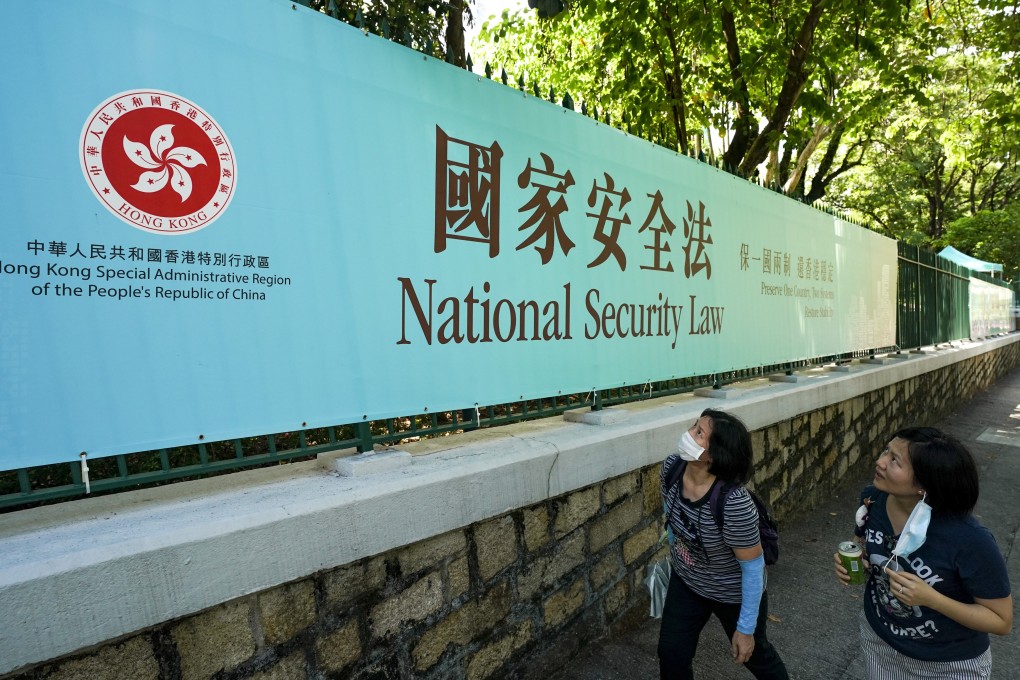Outgoing British consul general in Hong Kong warns of national security law ‘stifling dissent’
- Andrew Heyn says relations between British and local officials have been ‘more difficult’ recently, especially in wake of the new law
- ‘I personally feel it is not the Hong Kong that people know and love,’ Heyn says in parting remarks

British Consul General Andrew Heyn told the Post that enthusiasm over mutual business and educational interests had descended into a “more difficult” relationship strained by disagreements over whether Beijing had broken the treaty setting out the terms for Hong Kong’s 1997 return to Chinese sovereignty.

07:30
China’s Rebel City: The Hong Kong Protests
“This is why we are so worried about the national security law on the stifling of dissent,” Heyn said in an interview just days before leaving his position. “I personally feel it is not the Hong Kong that people know and love.”
Heyn said the law – imposed on Hong Kong in June to outlaw acts of secession, subversion, terrorism and collusion with foreign forces – had accelerated the downward spiral of relations between Britain and the city.
Coupled with the arrests of several political activists and a Beijing ruling on lawmaker conduct effectively ousting four opposition members from the legislature, the city’s high degree of autonomy was “more than under threat”, he warned